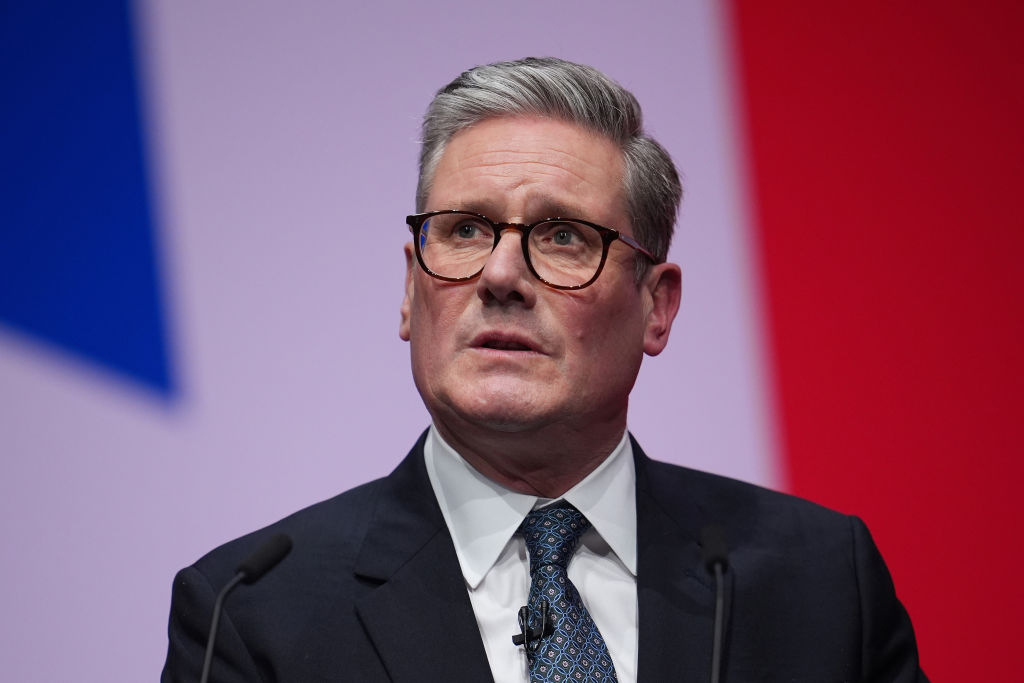Another one bites the dust: Steph Driver, Keir Starmer’s head of communications, has announced she will leave No. 10 – making her the latest Starmer aide to quit. Driver was a loyal companion to the Prime Minister even before his election, spending five years as his chief of communications when he was in opposition. She became deputy director after Labour’s 2024 landslide victory before more recently being promoted to director of communications in Downing Street. Her resignation, which follows a period of bereavement leave, will come as a huge loss to the PM whom, it is understood, was one of many senior figures who tried to persuade her to stay on.
Driver’s departure is the latest in a series of resignations by trusted Starmer aides
Driver’s departure is the latest in a series of resignations by trusted Starmer aides – and will move the Prime Minister onto his fourth communications lead in a year. Earlier this month James Lyons, who held the role of No. 10 director of communications for strategy, left after just a year in the job. To replace him came former Blair adviser Tim Allan. And before Driver was promoted to director of communications, she worked under Matthew Doyle, another Blair veteran. Doyle stood down in March, after just nine months in the job, and was the second senior member of Starmer’s team to move along after former chief of staff Sue Gray was shuffled out in late 2024.
It’s a lot of change in one team after just 14 months in office – so what does this latest development mean for the PM? The slow trickle of loyal staff from Starmer’s circle leaves fewer people in Downing Street who understand Sir Keir and what (if anything) he stands for. Some political commentators have already dubbed the departures an ‘exodus’, while Driver’s resignation in particular is seen as a pretty big blow to Starmer ahead of Labour’s party conference. The bad news hasn’t seemed to stop for the Prime Minister, who in recent weeks has had to deal with Angela Rayner’s tax affairs, Peter Mandelson’s friendship with paedophile Jeffrey Epstein and more recently his chief of staff Morgan McSweeney being dragged through the papers over £700,000 worth of undeclared donations.
It wasn’t so long ago that the Prime Minister reshuffled both his Downing Street team and government – but even those he promoted are becoming more vocal about their disappointment with the performance of the government thus far. Scottish Labour leader Anas Sarwar admitted today that the government’s communications strategy has left a lot to be desired, while government MPs once loyal to Starmer are feeling increasingly demoralised by both party policy – one minister tells me of their growing hopelessness for the country, not helped by what they see as Starmer’s Reform-lite immigration rhetoric – and the polls.
The PM’s announcement tomorrow of compulsory digital ID cards for all British adults – dubbed ‘Brit cards’ – will ruffle more feather north of the border too. Polling shows that Labour-supporting Scots don’t label themselves as ‘British only’ – with most embracing an ‘equally Scottish and British’ identity while a significant proportion of Labour backers say they are ‘more Scottish’. This policy will likely be read as one aimed at holding onto English voters, a move viewed as particularly short-sighted given the party is fighting a Scottish parliament election in eight months time.
Greater Manchester mayor, Andy Burnham, hasn’t made things much easier for the PM. In a provocative interview this week, which many see as a pitch for the leadership, the northern politician didn’t hide his criticism of the party’s direction – calling for ‘wholesale change’ in order to avert an ‘existential’ threat to Labour. It will provide no relief to Starmer that a More in Common poll published today predicted that a Burnham-led Labour party would top Reform UK among Brits. Talk about a shaky start to conference season.







Comments